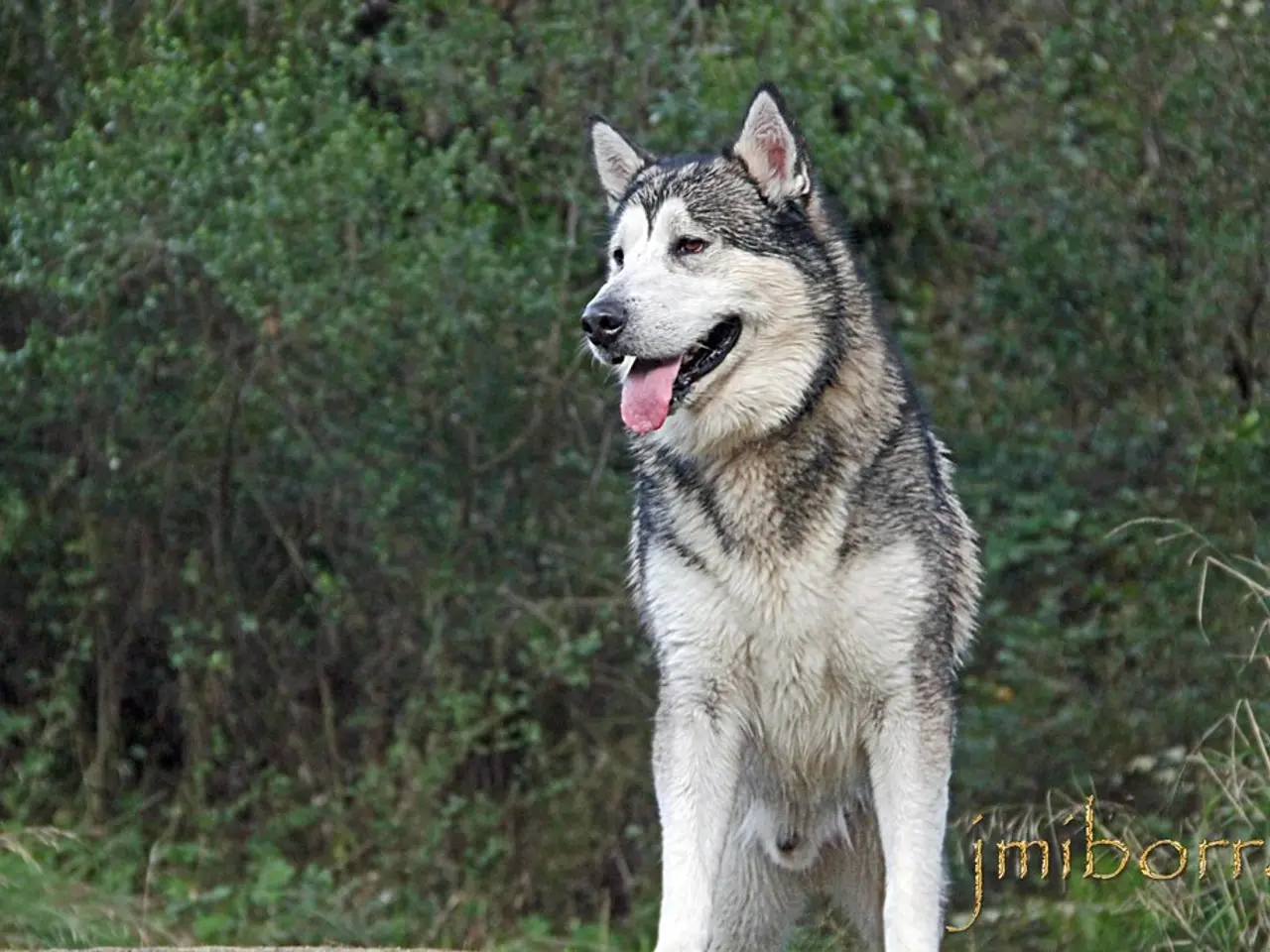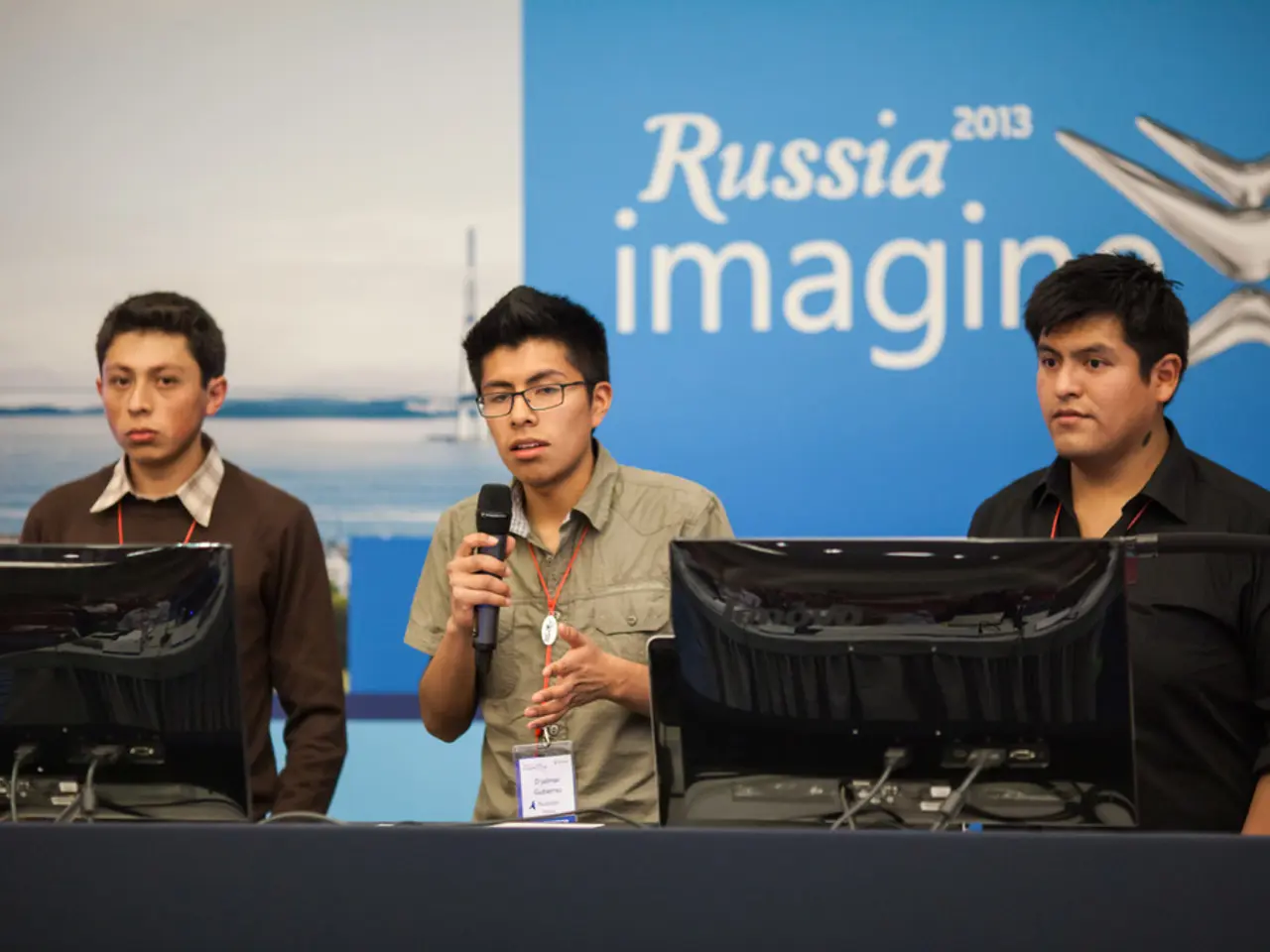Right-wing Turkish faction gains ground in Baden-Württemberg, Germany, spotlighting grey wolves' presence
The Grey Wolves, also known as Bozkurtlar in Turkish, are a Turkish ultranationalist organization with a significant presence in Germany. Originating in Turkey in 1968, the Grey Wolves represent a far-right nationalist ideology focused on Turkish ethnic identity, Turkish blood, and the expansion or control of the Turan region.
History and Ideology
Established during a period of intense political violence in Turkey, the Grey Wolves have ties to Turkish intelligence agencies (MIT) who allegedly supported them in clashes against communist and Kurdish groups. Their ideology is comparable to fascist and ultranationalist movements in Europe, characterised by violent activism aimed at promoting the Turkish nation-state and a mythical historical past. The group has strong anti-communist and anti-Kurdish orientations and has historically used violence and intimidation as political tools.
Presence and Activities in Germany
In Germany, the Grey Wolves have an active presence among the Turkish diaspora. Their activities align with promoting Turkish ultranationalism and sometimes involve clashes with Kurdish groups and left-wing activists. However, they are also associated with extremist violence and have raised concerns for German security services. German authorities classify them as an extremist group with possible links to violence and terrorism.
Relation to Other Extremist Groups in Germany
The Grey Wolves are distinct from German neo-Nazi or far-right groups, which usually emphasize German ethnic nationalism rather than Turkish nationalism. Germany has faced several far-right extremist and terrorist groups unrelated to the Grey Wolves, such as the National Socialist Underground and other neo-Nazi factions. These groups are ideologically and ethnically different from the Turkish nationalist Grey Wolves.
Recent Developments
Recent events have highlighted the Grey Wolves' activities in Germany. For instance, in February 2025, a Turkish cultural evening took place in a sports hall in Freudenstadt, which was later revealed to be organized by a local branch of the Grey Wolves. Cem Özdemir, a Green politician, is a significant target of hatred for the Grey Wolves, and he has received police protection and been threatened repeatedly.
The Grey Wolves have around 13,000 members in Germany, and minorities such as Kurds, Alevis, Jews, homosexuals, and those who think differently are also targets of hatred for the group. The renting association, "Turkish-German Friendship Association Freudenstadt e.V.", indeed belongs to the Turkish right-wing extremist umbrella organization "Turkish Federation" and is being observed.
The Grey Wolves' dream of a Greater Turkic Reich called "Turan," which is to stretch from Central Europe to China and be led under Turkish leadership, is clearly evident in their activities. As such, the Grey Wolves in Germany continue to pose a significant challenge to social cohesion and political stability.
[1] Encyclopaedia Britannica. (2021). Grey Wolves. https://www.britannica.com/topic/Grey-Wolves [2] The Local. (2017). Who are the Grey Wolves? https://www.thelocal.de/20170120/who-are-the-grey-wolves [3] Federal Office for the Protection of the Constitution. (2020). Grey Wolves. https://www.verfassungsschutz.de/de/themen/extremismus-und-terrorismus/gruppen/auswaertige-gruppen/tuerkei/bozkurtlar/13805/
The Grey Wolves, with their strong ideological ties to Turkish ultranationalism, have been associated with politics, given their historical connections to Turkish intelligence agencies and their role in clashes against communist and Kurdish groups. In the realm of general-news, the group's activities in Germany, particularly their involvement in clashes with Kurdish groups and left-wing activists, have raised concerns for security services, labeling them as an extremist group with possible links to violence and terrorism. Crime-and-justice is also a relevant context, as the Grey Wolves' history of using violence and intimidation as political tools underscores their involvement in such matters.







